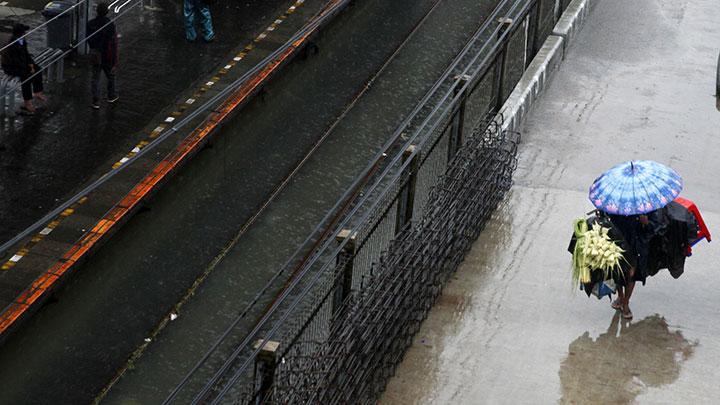Private borrowers need debt rescheduling
5 August 2003 13:39 WIB
Question: Do you think the road show will help?
Faisal: It will help because the government's concern on debt rescheduling will function like a guarantee. But creditors who face liquidity problems due to economic crises hitting their own countries, such as Japan and South Korea, will not be able to roll over their loans. They will even demand the acceleration of loan repayment.
How big is the portion of the domestic borrowers' debts from Japan and South Korea?
As far as I know, Japan has provided total loans of about US$20 billion for Indonesian companies and South Korea another $12 billion. That is a major part of the private sector's total offshore borrowing of $65 billion as of September.
How did the private debt increase so rapidly surpassing the government's foreign debt of only $52.3 billion?
Along side the change in trends in the global flow of funds, the government played an important role in the rapid increase of the private sector's foreign debt. Some protectionist measures established by the government, such as the introduction of protection tariffs on chemical products similar to those manufactured by PT Chandra Asri, for example, have made businesses in Indonesia very attractive to foreign creditors.
The State Electricity Company's (PLN) guarantee to buy electricity generated by private power firms has also attracted foreign creditors to provide loans for them.
Meanwhile, the global trend indicates that international flows of funds are now dominated by the flow of foreign direct investments, followed by investments in bonds and stocks, and the flow of commercial loans for banks. Ten years ago, the flows of funds were dominated by the flow of commercial loans, followed by loans and grants for governments, then direct foreign investments and other loans and capital, including bonds and stocks.
Will the private sector's borrowing increase or decrease?
I'm afraid the borrowing will increase further. Even though the government has rescheduled some of its development projects due to the monetary crisis, it has allowed private companies to go ahead with their multibillion-dollar oil refinery projects.
Businessman Bambang Trihatmodjo, for instance, is constructing a $3.2 billion oil refinery in Situbondo, East Java, while tycoon Probosutedjo will construct another refinery worth ~2.5 billion in East Java.
Such projects will increase Indonesia's foreign debt and, in turn, will increase the country's current account deficit.
Since these projects are related to the government -- their fuel products will be sold to the state-owned oil company Pertamina -- their construction should be rescheduled.
The continuance of these projects will affect business confidence in the country.
How many borrowers will need their debts to be rolled over?
About half of them, particularly those whose with huge debts. In normal conditions, these companies can repay debts with new borrowing by selling commercial papers and promissory notes. But because liquidity is very tight, they will not find buyers for their commercial papers and promissory notes.
Do domestic borrowers have to pay more money in rupia1 given the sharp depreciation of the currency against the U.S. dollar?
Yes, for most of them because realizing that the rupiah used to depreciate by less than 5 percent per annum before the start of the monetary crisis in July, they did not hedge their debts, which were mostly denominated in dollars even though they were owed by Asian countries.
What measures should the government take to help domestic borrowers avoid futurefi7~ancial problems?
In the longer term, the government needs to establish a competition policy to encourage private companies compete against each other through operational efficiency. In such a condition, only highly competent companies have the courage to generate huge borrowing.
In the shorter term, Indonesia should further develop its debt instruments which are tradable on the secondary market, so that companies will find it easier to raise loans whenever they are facing financial difficulties. (riz)























